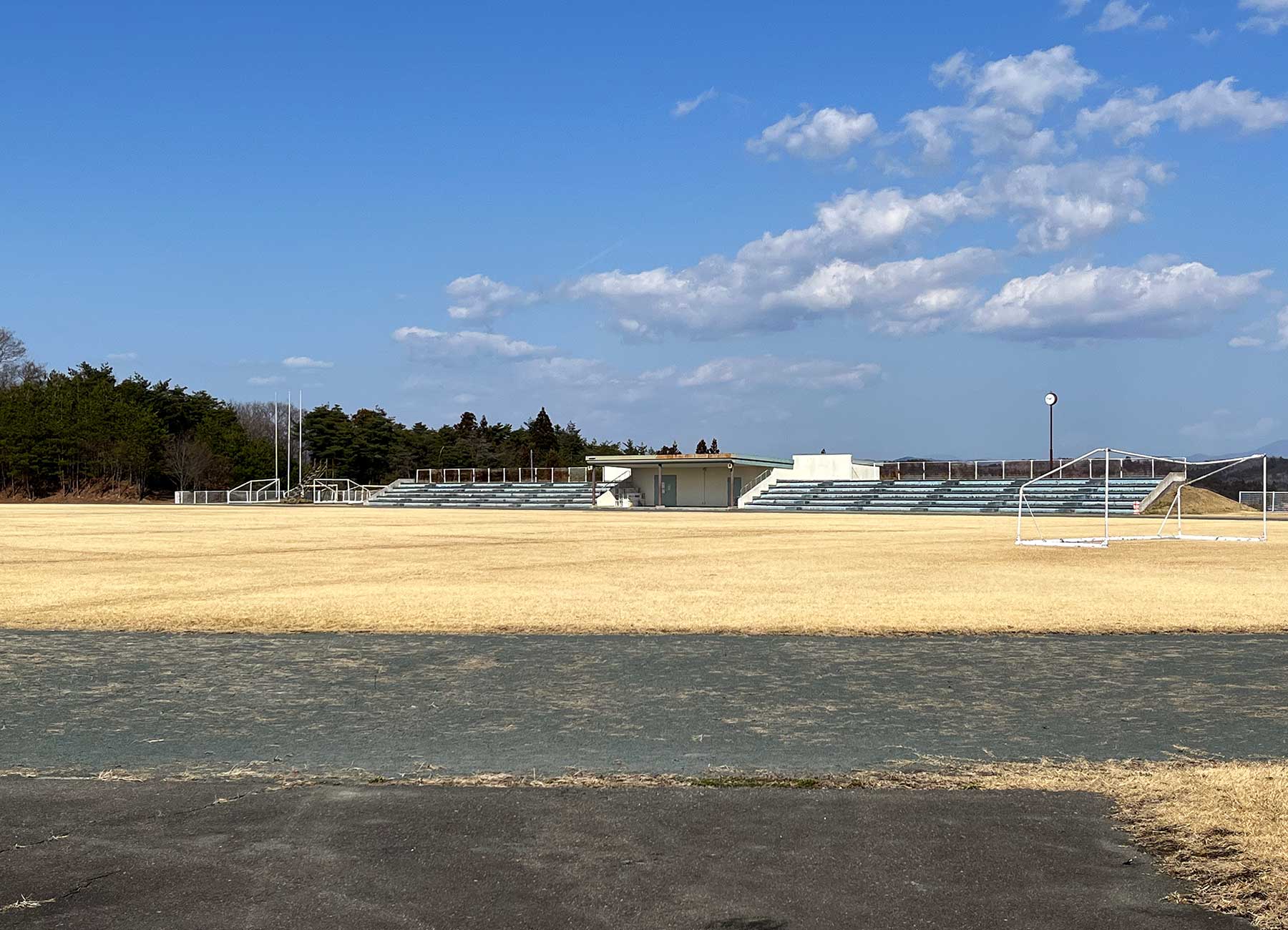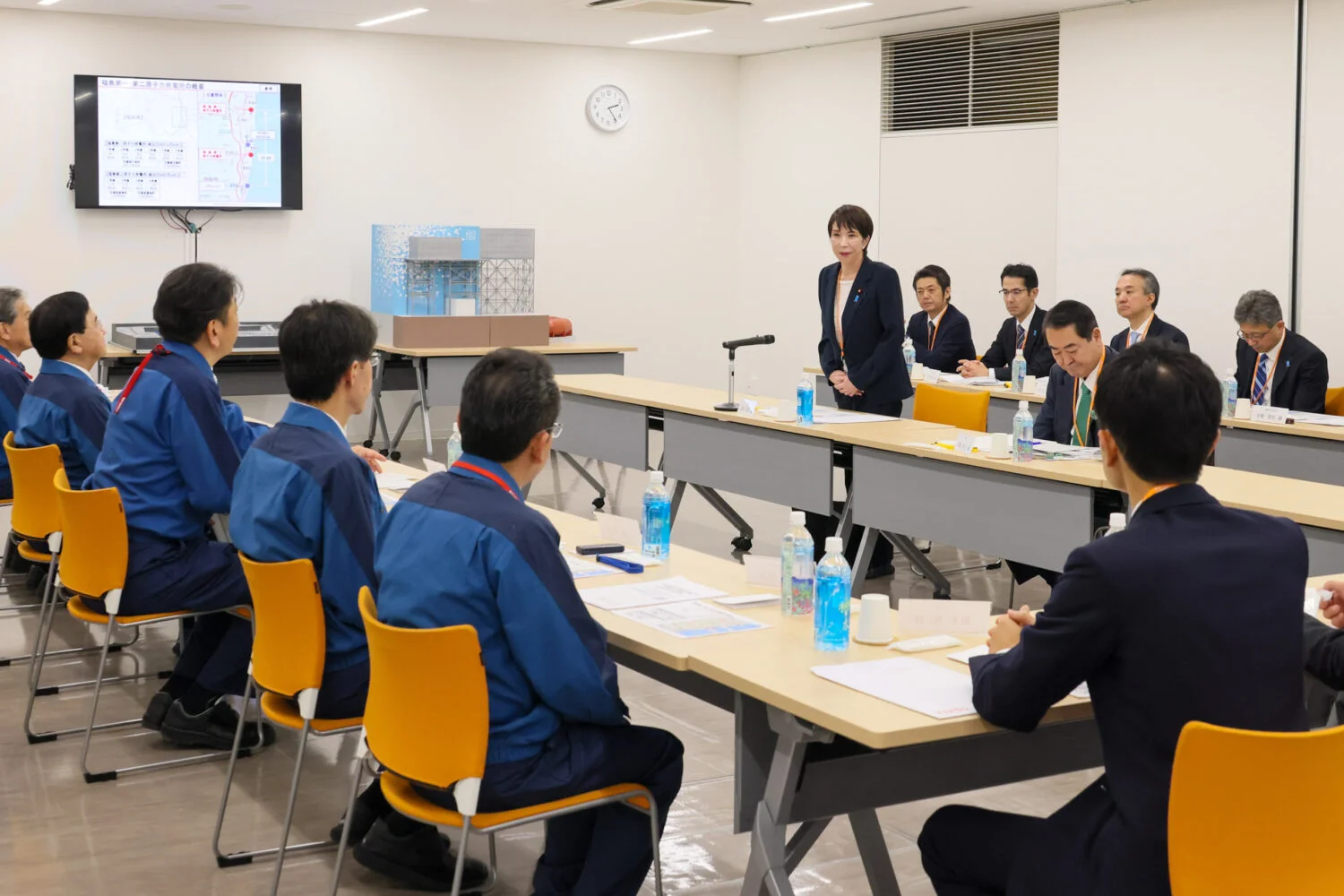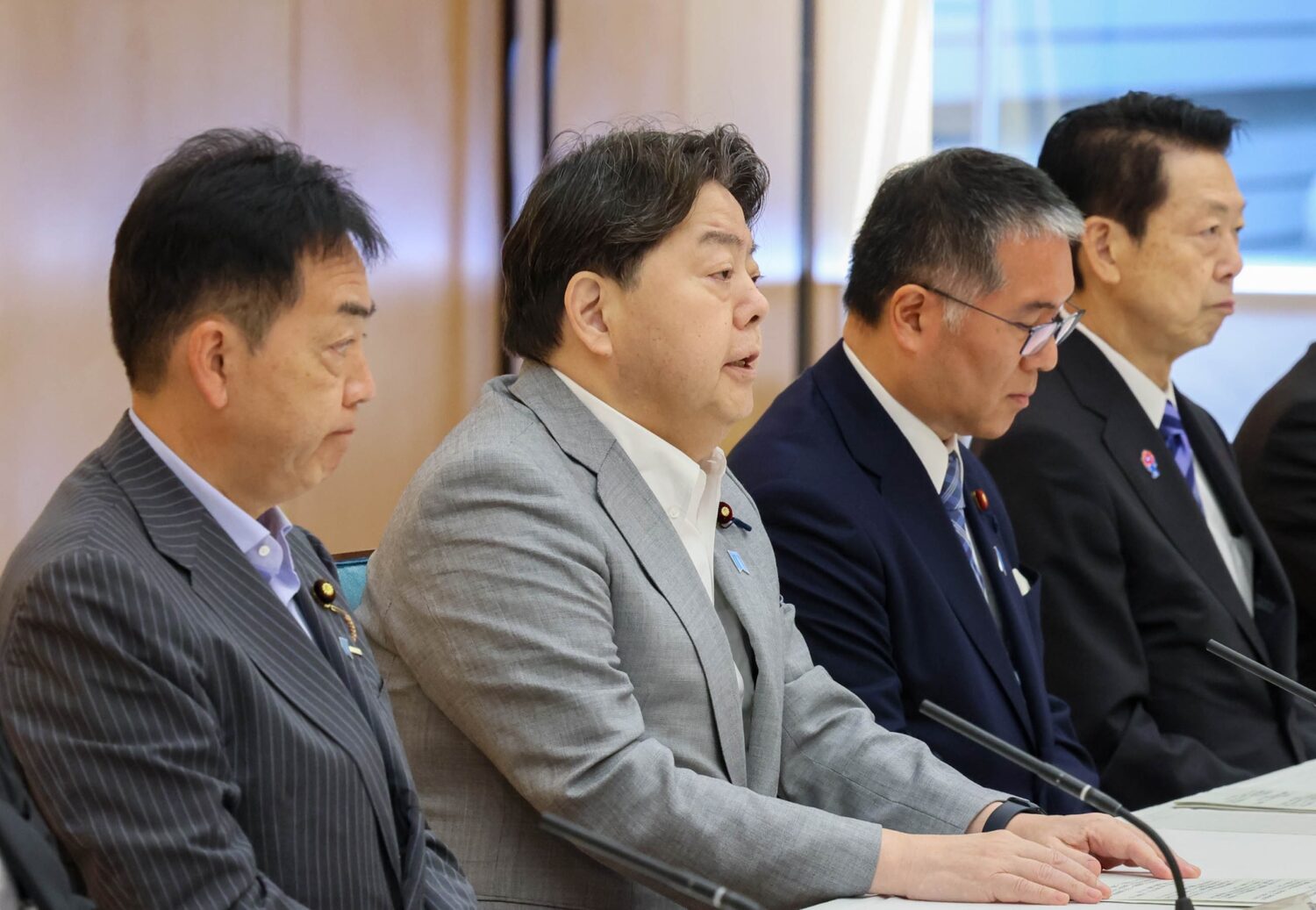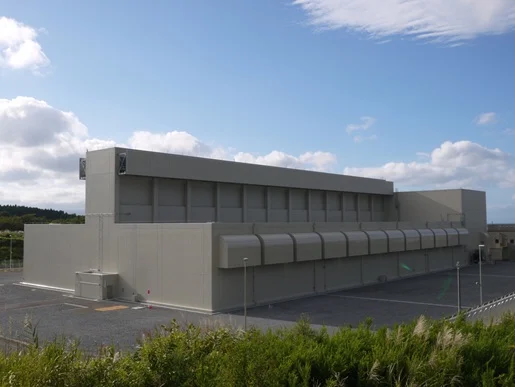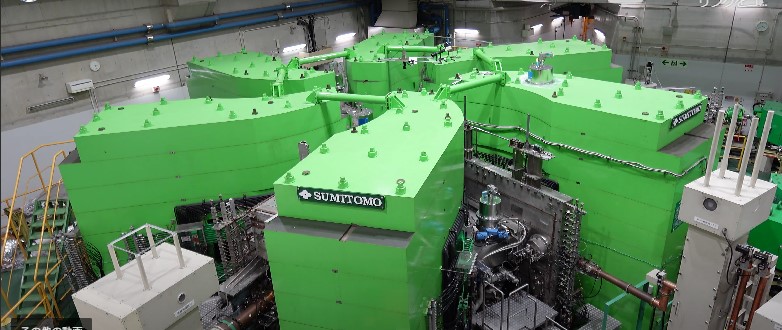The report reflects the outcome of a safety review mission conducted between 26 and 30 May by IAEA staff and seven international experts from Argentina, Canada, Korea, China, the United States, Vietnam, and Russia. Discussions were also held with the Japanese government (Nuclear Regulation Authority, Ministry of the Environment, Fisheries Agency, Ministry of Economy, Trade and Industry, and Ministry of Foreign Affairs), Fukushima Prefecture, and Tokyo Electric Power Co. (TEPCO) to comprehensively assess compliance with international safety standards.
This marked the fourth safety review mission since the start of the discharges, with conclusions consistent with the previous three reviews.
Key points of the report include:
-
No findings of non-compliance with IAEA safety standards, reaffirming the conclusions of the IAEA’s earlier “comprehensive report.”
-
The monitoring program for ALPS-treated water is consistent with relevant international safety standards and guidelines, and its results align with the REIA’s conclusion that the risk to people and the environment is negligible.
-
The Nuclear Regulation Authority has maintained regulatory oversight through its own monitoring program and on-site inspections.
-
Equipment and facilities used for the discharges were confirmed to be installed and operated in line with international safety standards.
-
The IAEA will continue to verify the accuracy and reliability of data provided by TEPCO and the Japanese government, ensuring comprehensive, transparent, and independent oversight.
In response, TEPCO stated on its website that it will “continue to ensure safety through IAEA reviews and monitoring against international safety standards, and make further efforts to deepen understanding both in Japan and abroad.”


